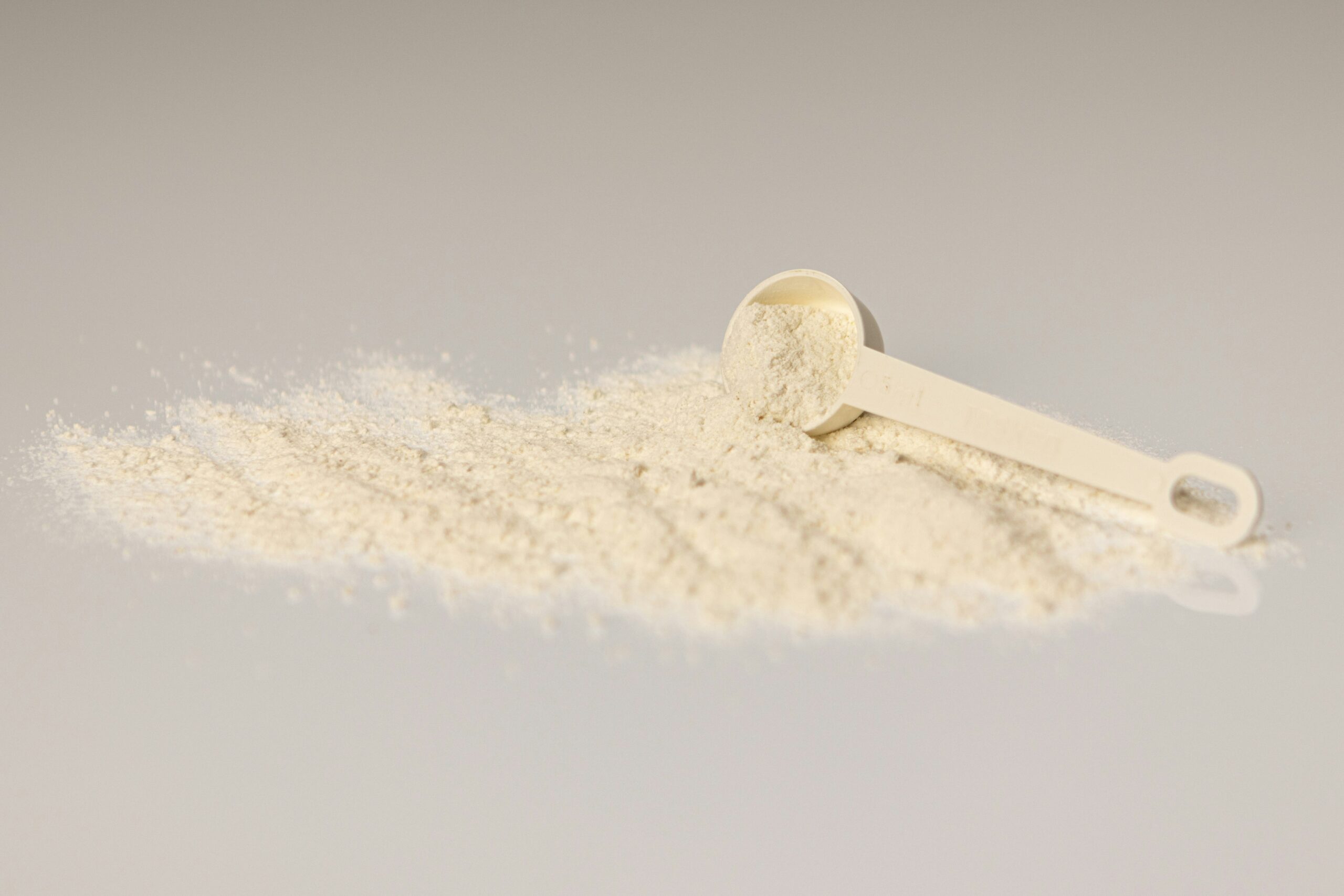Best Protein Powder for Autoimmune Disease
Choosing the best protein powder for autoimmune disease is essential for managing symptoms and supporting overall health. With various options available, finding a product that meets dietary needs without triggering adverse reactions is crucial to achieving one’s health goals. In this guide, we’ll compare different protein powders and provide insights to help you make an informed decision.
Table of Contents

Source of Protein
We’ve always heard about the importance of protein from social media and news outlets, but do we truly understand why it plays such a crucial role in our diet? Protein is essential for every individual as it supports immune function, aids in muscle maintenance and repair, provides sustained energy, promotes tissue healing, helps with hormone and enzyme production, enhances nutrient transport and absorption, and supports gut health. A whole-food lifestyle typically provides enough nutrition to build muscle and encourage healing. However, autoimmune conditions can make this challenging, as flare-ups or chronic pain can lead to inadequate protein intake. This can result in frequent infections or catching the common cold often. Protein is more important than people realize.
In this blog, we will explore various protein options, explain why protein is essential, and provide insights for those who want to be more mindful of their nutrition and prefer simple, wholesome ingredients.
| Category | Whey Protein | Plant-Based Protein |
|---|---|---|
| Source | Derived from milk | Derived from plants (pea, hemp, rice) |
| Amino Acid Profile | Complete | Varies (often combined for completeness) |
| Digestibility | High | Varies |
| Additional Nutrients | Few | Fiber, vitamins, and minerals |
| Allergen Potential | High (dairy) | Low (hypoallergenic) |
| Environmental Impact | High | Low |
Difference between Animal-based vs. Vegan!
The choice between vegan protein and whey protein depends on individual dietary preferences, health goals, and specific nutritional needs. Here are some key points to consider when comparing the two:
Vegan Protein
Plant-based proteins, such as pea, hemp, and rice protein, are often better tolerated by individuals with autoimmune diseases. Although vegan protein powders can sometimes be challenging to digest due to their fiber content, they are generally hypoallergenic and less likely to cause inflammation compared to animal-based options.
Pros: Suitable for vegans and those with lactose intolerance or dairy allergies. Diverse Protein Sources are often made from a combination of plants like peas, rice, hemp, and chia, providing a range of nutrients. Digestibility is generally easier on the digestive system for some people.
Cons: Amino Acid Profile, will not be a complete protein (containing all essential amino acids) unless it’s a blend of different plant proteins. Taste and Texture: Some people find vegan protein powders to have a grittier texture and less palatable taste compared to whey.
Price: Typically, vegan protein powders can range from $20 to $60 for a container, depending on the brand, quality, and type of plant proteins used. Products with organic or specialty ingredients (like superfoods or adaptogens) might be at the higher end of the price range.
Factors Affecting Price: The cost can be influenced by the sourcing of organic ingredients, the complexity of the protein blend, and additional features like added nutrients or flavors.
Brand Options!
Four Sigmatic Protein: Powder is a plant-based supplement that combines organic pea, hemp, chia, pumpkin, and coconut proteins with functional mushrooms and adaptogens. This blend offers a complete amino acid profile for muscle support, with immune-boosting benefits from mushrooms like reishi and chaga, and stress relief from adaptogens like ashwagandha. Free from artificial additives, for easy digestion and clean, natural nutrition. Ideal for smoothies or baking; providing a holistic approach to protein supplementation. Amazing product!
Truvani Protein: Truvani Protein Powder is a plant-based supplement designed to offer a clean and nutritious protein source. It features a blend of organic pea protein and organic brown rice protein, providing a complete amino acid profile to support muscle growth and recovery. Known for its commitment to clean ingredients, Truvani Protein Powder is free from artificial additives, sweeteners, and fillers. It is also non-GMO and made with organic ingredients, ensuring a high-quality and wholesome protein option. The powder is designed to be easily digestible and comes in various flavors, making it a versatile addition to smoothies, shakes, and other recipes.
Animal-based Protein
Whey protein is popular for its high biological value, meaning it’s efficiently utilized by the body. However, since it’s derived from dairy, it can be problematic for individuals with autoimmune conditions like celiac disease or those with dairy intolerance. Nonetheless, with the right options and formulations, whey protein can still offer benefits to those who can tolerate it.
Pros: Complete Protein contains all essential amino acids, making it highly effective for muscle repair and growth. Bioavailability: Highly bioavailable, the body can easily absorb and utilize it. Proven efficacy, Widely studied and proven effective for supporting muscle mass and recovery.
Cons: Dairy-based is not suitable for vegans, those with lactose intolerance, or dairy allergies. This could cause Digestive Issues, bloating, or digestive discomfort in some people.
Price: Animal-based protein powders generally cost between $15 to $50 per container. Whey protein is usually on the lower end of the spectrum, while whey isolate or casein may be priced higher due to the additional processing involved.
Factors Affecting Price: Price can be influenced by the protein concentration, processing method (e.g., isolate vs. concentrate), and brand reputation.
Brand Options!
Prime Protein Powder – Prime Protein Powder is a premium protein supplement crafted to support muscle growth and recovery. It features high-quality whey protein isolate, for its excellent bioavailability and complete amino acid profile. The formula is designed to be easily digestible and rapidly absorbed, making it ideal for post-workout recovery. Prime Protein Powder typically includes minimal ingredients, avoiding artificial additives and sweeteners to offer a clean, natural protein source. Its smooth texture and pleasant taste make it a convenient and effective choice for enhancing protein intake.
Broth Protein Powder – Bone broth protein powder is a protein-rich broth extracted from simmered animal bones. It offers a unique source of protein, rich in collagen, which supports joint health, skin elasticity, and gut integrity. This powder is typically made from high-quality, grass-fed, or pasture-raised bones, ensuring a nutrient-dense product. It’s easily digestible and free from artificial additives, making it a wholesome addition to smoothies, soups, or shakes for those looking to boost their protein intake while benefiting from the additional collagen and minerals.

Conclusion
Finding the best protein powder for autoimmune diseases involves considering factors such as protein source, allergen content, and nutritional profile. Plant-based protein powders are generally more suitable for those with autoimmune conditions due to their hypoallergenic and anti-inflammatory properties. Always consult with a healthcare professional before adding any supplement to your diet.
For more information: Click Here!




